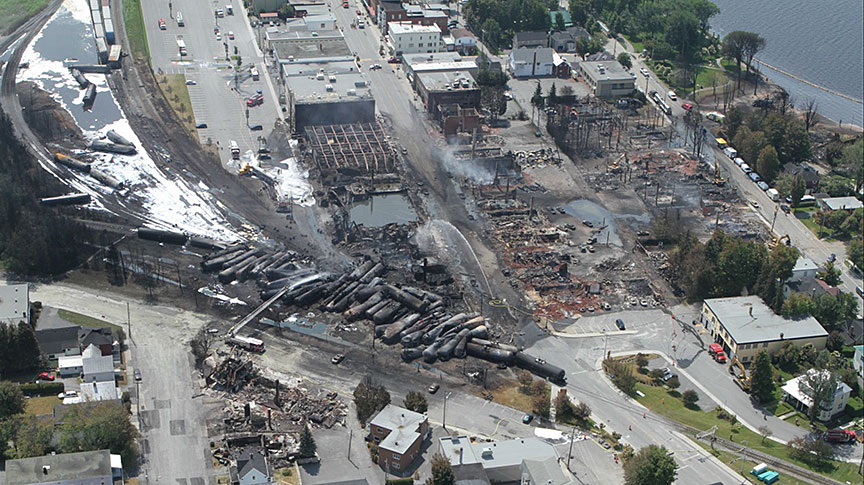Colby Cosh on the wrenching psychological damage the collapse of oil prices is inflicting on Alberta:
Alberta is not in any real danger of becoming a “have-not” province under the equalization program. Its fiscal capacity did not dip below the required standard even under the intentional cudgelling of former prime minister Pierre Trudeau’s National Energy Program in the 1980s. As it happens, it has been a half-century since Alberta received any equalization at all: the last payment was a paltry $1.2 million, received in fiscal 1964-65.
You can’t mention Alberta and equalization in the same sentence without attracting a gnat-like cloud of failed accountants who are eager to remind you that equalization doesn’t technically “take” from particular provinces. The money comes out of the general revenue; Alberta as a province, the lecture goes, has not been “paying in” so that others can “take out.”
But since equalization was introduced in 1957, Ottawa has transferred, if my figures are right, about $374 billion to the provinces. Almost exactly half of that has gone to Quebec. Alberta got a grand total of $92 million in the early years, zero since and zero for the foreseeable future.
It is thought paranoid to dwell on this. When the flow of funds is acknowledged at all, Albertans are told to buck up, for it is merely the price of living in a decent, well-ordered Confederation. Like brethren, we lift one another out of economic turmoil!
Yet, mysteriously, the identities of the equalization recipients do not change much from decade to decade. Little if any lifting occurs. Quebec has not only never threatened to join the “haves”; it becomes more disadvantaged, relatively, as the haves give it more.
How much easier would it be for Alberta to bear this long-term proposition — which I dare not call a swindle — if it had, just once, been pulled out of the mire by its fellow provinces at a timely moment? Imagine there were a Trudeau who, instead of deliberately designing economic shocks for Alberta, actually displayed some enterprise in assisting it at a time of perceived crisis? It might not even have to cost all that much: follow up a lot of fine talk and concern with a few hundred million, and perhaps you buy yourself another half-century of calm. The moral high ground is fine real estate. A bargain, surely, at the price.





